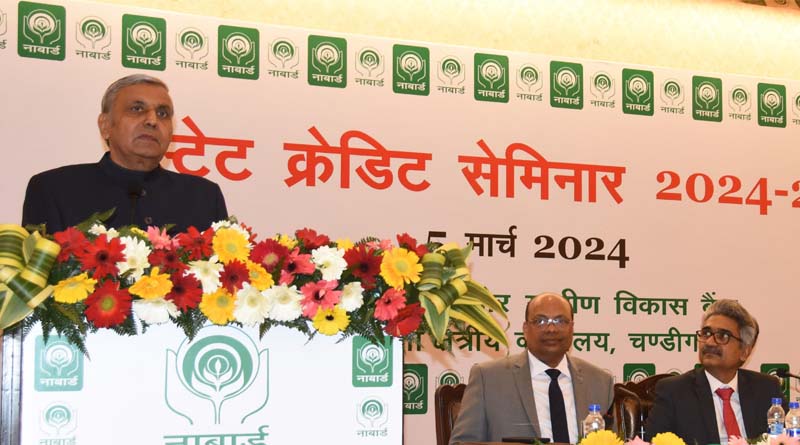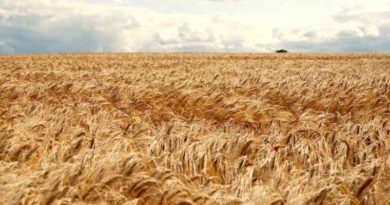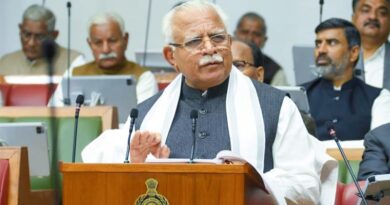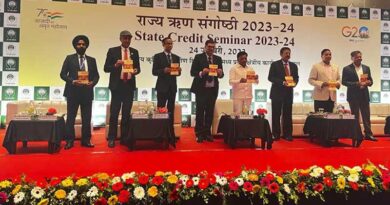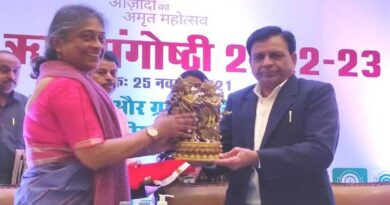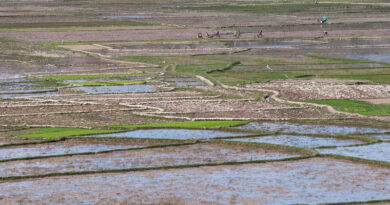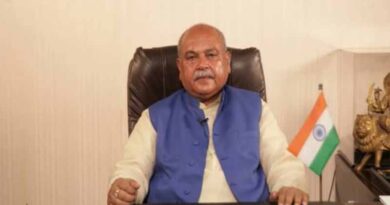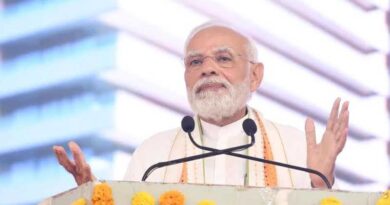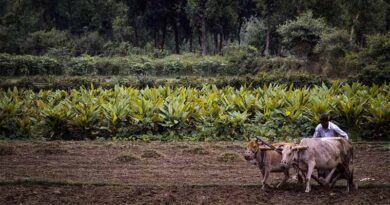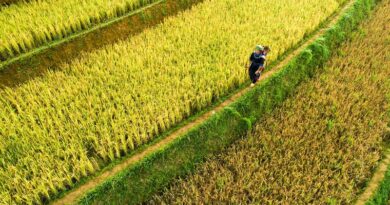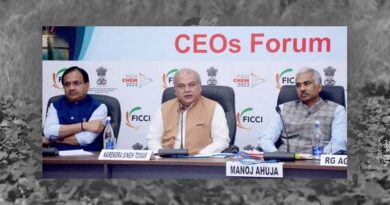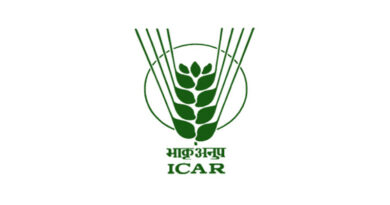NABARD Projects Credit Potential of More Than 2 Lakh Crore for Haryana
Report By Jag Mohan Thaken
06 March 2024, Chandigarh: Releasing the State Focus Paper for 2024-25, the Haryana Agriculture and Farmers’ Welfare Minister, J P Dalal revealed that NABARD has projected a credit potential of more than Rs.2.27 lakh crore for Haryana in the fiscal year 2024-25.
For the development of priority sectors like Agriculture, MSMEs, Education, Housing, Exports, and Renewable energy in Haryana, the National Bank for Agriculture and Rural Development (NABARD) has prepared a State Focus Paper with possibilities of distributing loans amounting to Rs. 2,27,821 crores for the fiscal year 2024-25, which is 32.76 percent higher compared to the previous year. This includes an estimated loan of Rs. 1.02 lakh crores for the agriculture sector.
Agriculture and Farmers’ Welfare Minister, JP Dalal shared this information after releasing the State Focus Paper 2024-25 at the State Credit Seminar organised by NABARD held here today.
He said that according to the State Focus Paper, the cash deposit rate for loan repayment in Haryana by December 31, 2023, is 84 percent, against the benchmark of 60 percent at the national level. During the year 2023-24, the agriculture sector in Haryana recorded a growth rate of 8.1 percent, which is one of the highest in the country. Despite being a relatively small state from a geographical perspective, Haryana contributes approximately 4 percent to the country’s Gross Domestic Product (GDP), shared the Minister.
Addressing the gathering, JP Dalal urged banks to provide loans conveniently to small and marginal farmers and the poor residing in villages according to their needs to make them self-reliant. He said that the NABARD officers also highlighted in the next year’s focus paper how many entrepreneurs have been prepared in rural areas. He said that we need to focus on crop diversification and processing and banks should provide loans for this so that farmers can prosper economically.
The Minister said that some private banks provide loans to farmers in the name of land, while banks should give loans for projects, only then will the rural economy become more self-reliant. Furthermore, to promote animal husbandry, which is an additional source of income for farmers, banks should provide loans for sheep, goats, cows, buffaloes, and fish farming. Similarly, besides the Rural Infrastructure Development Fund, NABARD also needs to include programs such as playhouses, mushroom cultivation, and flower farming, as well as self-help groups and livestock improvement programs in its schemes, said Dalal.
He expressed hope that before the developed India in 2047, developed Haryana will come into focus. He urged the Convener of the state-level bankers’ committee to set up special camps at the district level to resolve the grievances of small loan borrowers so that their attitude toward banks changes.
Speaking at the seminar, Dr. Rajesh Prasad, Convener, State Level Bankers Committee, and Ms. Savita Verma, Deputy General Manager, Reserve Bank of India, also addressed and shed light on the main points of the State Focus Paper 2024-25. The Agriculture and Farmers’ Welfare Minister also honored the members of self-help groups and farmer-producer organizations for their excellent work.
Speaking to the media after the program, JP Dalal said that discussions were held on which areas to boost capital in today’s seminar, how to promote inclusive development, and how to advance the state’s economy.
He said that to increase farmers’ income, there is a need to move towards floriculture, fish farming, and diversification rather than traditional agriculture, and for this, farmers need to be trained and loans need to be made available through banks. Not only that, policies need to be made to not sell farmers’ produce as raw material, but processing units should be set up, and value addition should be done so that the produce is sold at good prices.
Also Read: Indian Cotton Prices and Outlook for March 2024: A Mixed Bag for Cotton Producers
(For Latest Agriculture News & Updates, follow Krishak Jagat on Google News)

